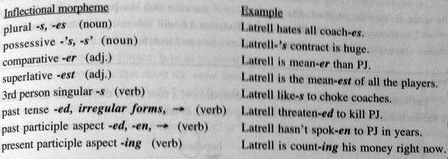FMA writes (from zip code 02138):
My roommate [MS] told me Christopher Hitchens is a wonderful prose stylist. I was skeptical, so I opened Hitch 22 at random. The first sentence reads:
"My mother having decided that Tonbridge was out of the question for her sensitive Christopher, some swift work had to be done to reposition me in the struggle—the whole aim and object of the five years at Mount House—to make me into a proper public-school boy [sic]."
I have put in bold the part of the sentence that bothers me. Essentially, there is a fragment next to a sentence; there is no predicate for "my mother." I noted that Mr. Hitchens is also missing a comma after "mother," but my roommate believes that's just the thing that would make the sentence wrong. According to him, "My mother having decided that Tonbridge was out of the question for her sensitive Christopher," is a modifier of "some swift work," so he believes there is no problem with the sentence. He also believes there is no problem sentences like
"My mother being very old, I walked in quietly [sic]."
Will you tell the world he's wrong? I tried to come up with analogous examples, but he thinks there's something about the present perfect tense that makes these constructions unique. He claims authority because he is a native English speaker—I, while not a native speaker, do claim native competence.
Read the rest of this entry »
 They say that any noun can be verbed, but some transformations are more surprising than others. Here's one that Bryan Van de Ven spotted earlier today on the road in Austin. (Click on the image for a larger and more complete picture.)
They say that any noun can be verbed, but some transformations are more surprising than others. Here's one that Bryan Van de Ven spotted earlier today on the road in Austin. (Click on the image for a larger and more complete picture.)
